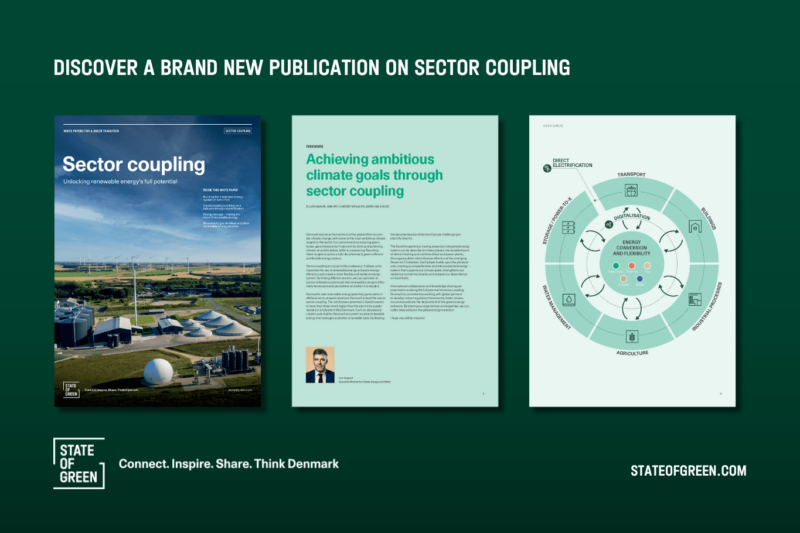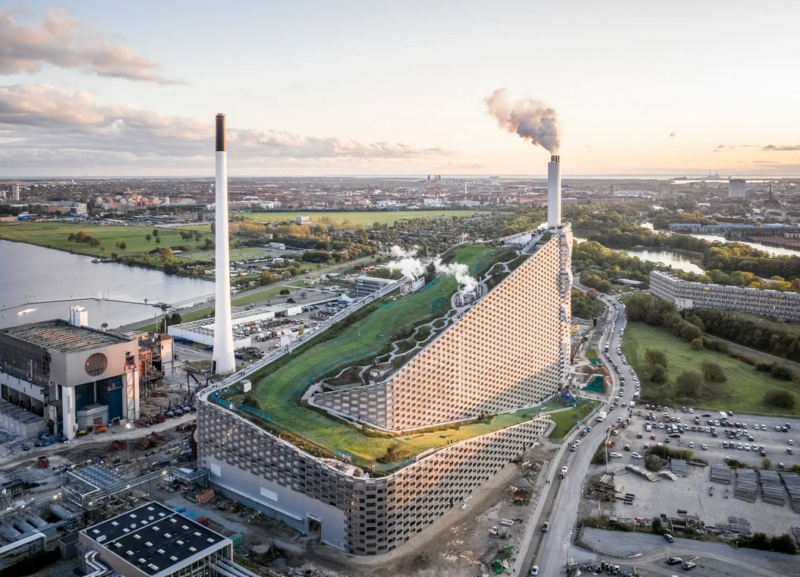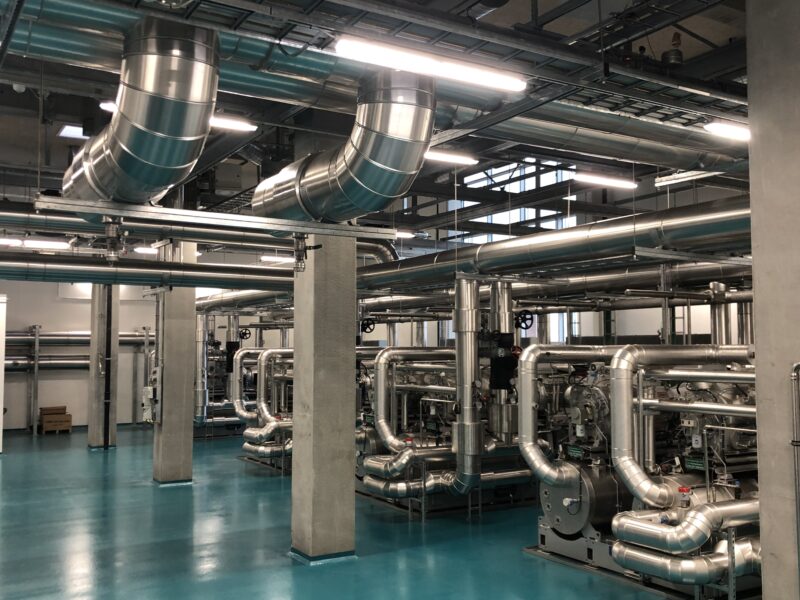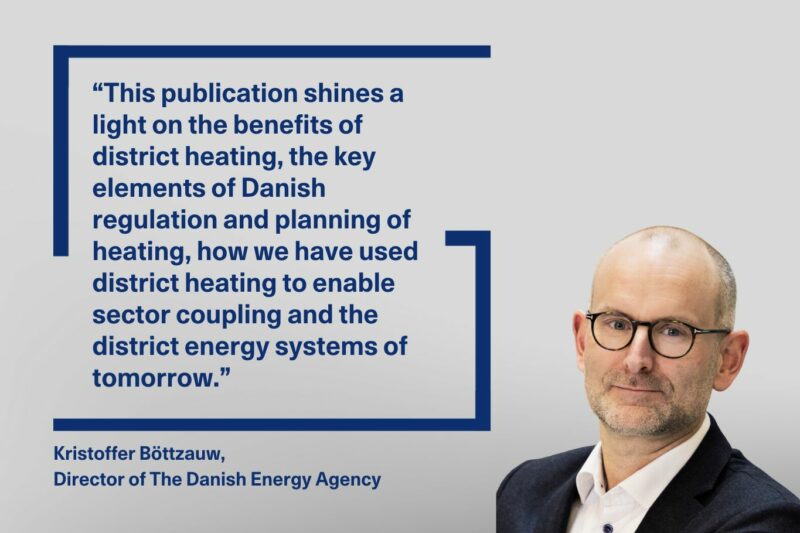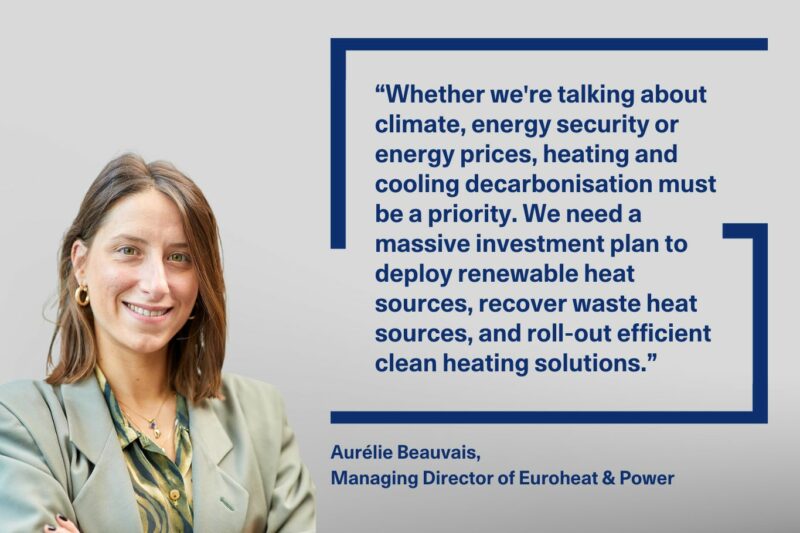News
District energy
District heating
Smart cities
+1
Sonderborg reduced CO2 by nearly 40 per cent despite increased energy consumption


Since 2007, total CO2 emissions in Sonderborg Municipality have been reduced by 38.3 percentage points. In 2018 alone, CO2 emissions have been reduced by 2.7 percentage points. The reduction in 2018 is primarily due to a phase-out of oil for heating in private households and a decline in CO2 from imported electricity. This is the conclusion in a monitoring report published by the public-private partnership ProjectZero created to guide Sonderborg toward CO2 neutrality no later than 2029.
The reduction in Sonderborg comes as no surprise as the municipality has set ambitious goals. In December 2018, the City Council of Sonderborg approved their plan for reducing emissions by 75 per cent by 2025 under the name Roadmap2025. The plan focuses on further reducing the emissions through energy savings as well as the further conversion of energy system toward solar, wind and bioenergy.
“I am pleased that the Sonderborg area's CO2 emissions continue to decline and that we largely follow the ProjectZero vision's CO2 reduction goals. Furthermore, the report by ProjectZero confirms that we must have full focus on the implementation of the 50 projects that are described in Roadmap2025, so we can reduce our energy consumption,” says Sonderborg Mayor Erik Lauritzen, who is also the Vice Chairman of the ProjectZero Fund.
Focus on biogas
Sonderborg Municipality is moving ahead on new projects that will transition energy toward renewable energy. A new biogas plant in Glansager is under construction and is expected to be commissioned in 2020. The plan for building a new district heating plant in Nordborg is on schedule and expected to reduce natural gas consumption even more. Both projects that in the years ahead will help to ensure the Sonderborg area significantly more renewable energy.
The monitoring report also shows that energy consumption in 2018 has increased by 1.7 percentage points and thus the trend of declining energy consumption has been broken, for the first time since 2013.
“The trend in energy consumption in 2018 shows that we must strengthen energy efficiency efforts. Reducing energy consumption is an important part of the ProjectZero vision's DNA. It is best realised through energy renovations in private homes and housing associations, as well as through companies' efforts to improve their processes and operations,” says ProjectZero CEO Peter Rathje.
The ProjectZero CO2 monitoring report aims to calculate the past year's energy consumption, convert this into CO2 and analyse deviations.
It has been necessary to adjust the calculation method for oil for transport as the Ministry of Taxation, based on the EU's GDPR, has chosen to remove postal codes in data extraction used from the Motor Register. Therefore, it is no longer possible to identify cars registered in Sonderborg Municipality. To calculate the oil consumption for transport, a method has been chosen which leads to comparable results and still leans on the Danish central vehicle register.
The ProjectZero CO2 monitoring report is validated by the consulting company PlanEnergi.
Find the report as well as other background material here (bottom right, under "Downloads")
Photo: Abby Zavgorodniaia
You should consider reading
Perspective
Sector coupling
+9
New white paper: Unlocking the potential of renewable energy through sector coupling
23 October 2024solutions
Combined heat and power production
+6

